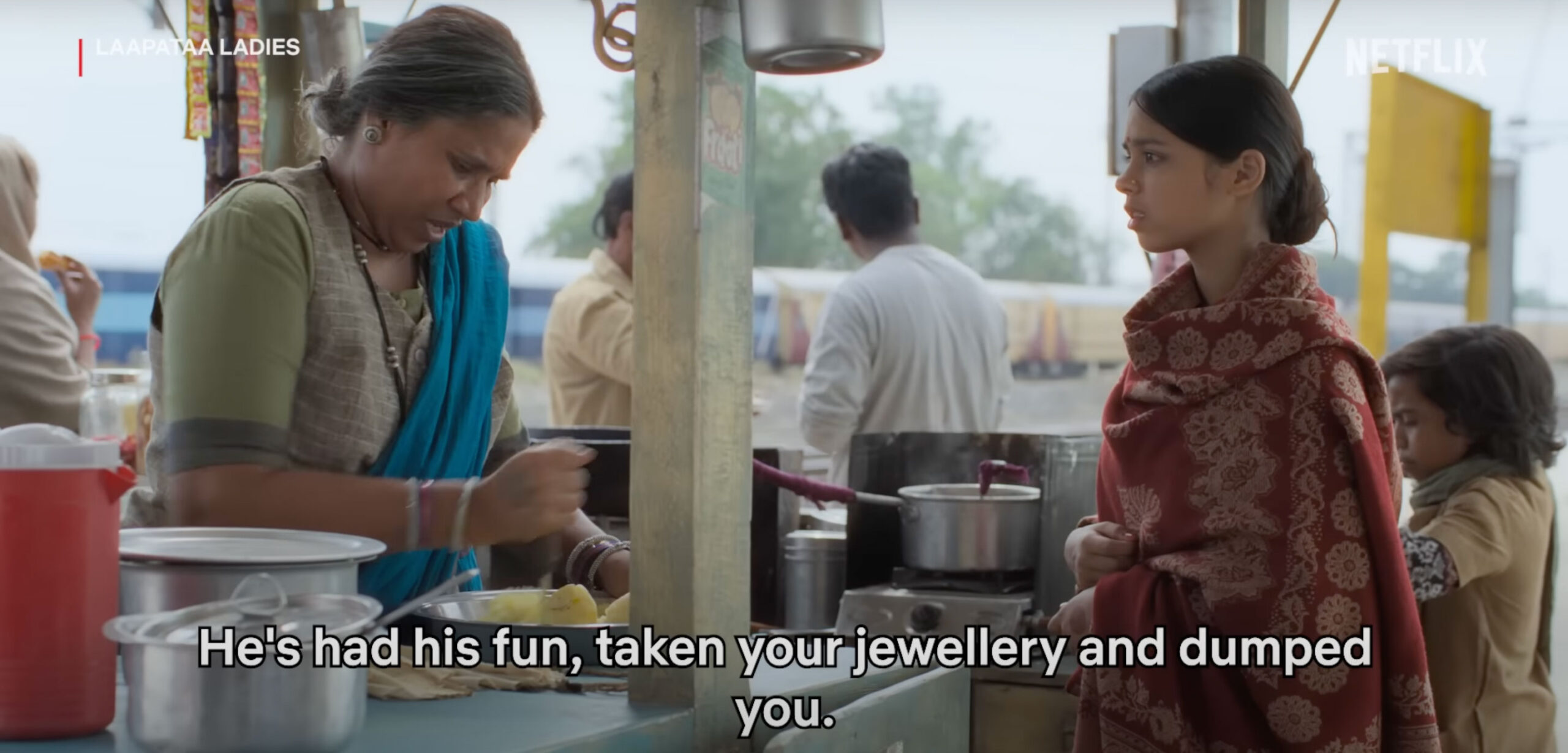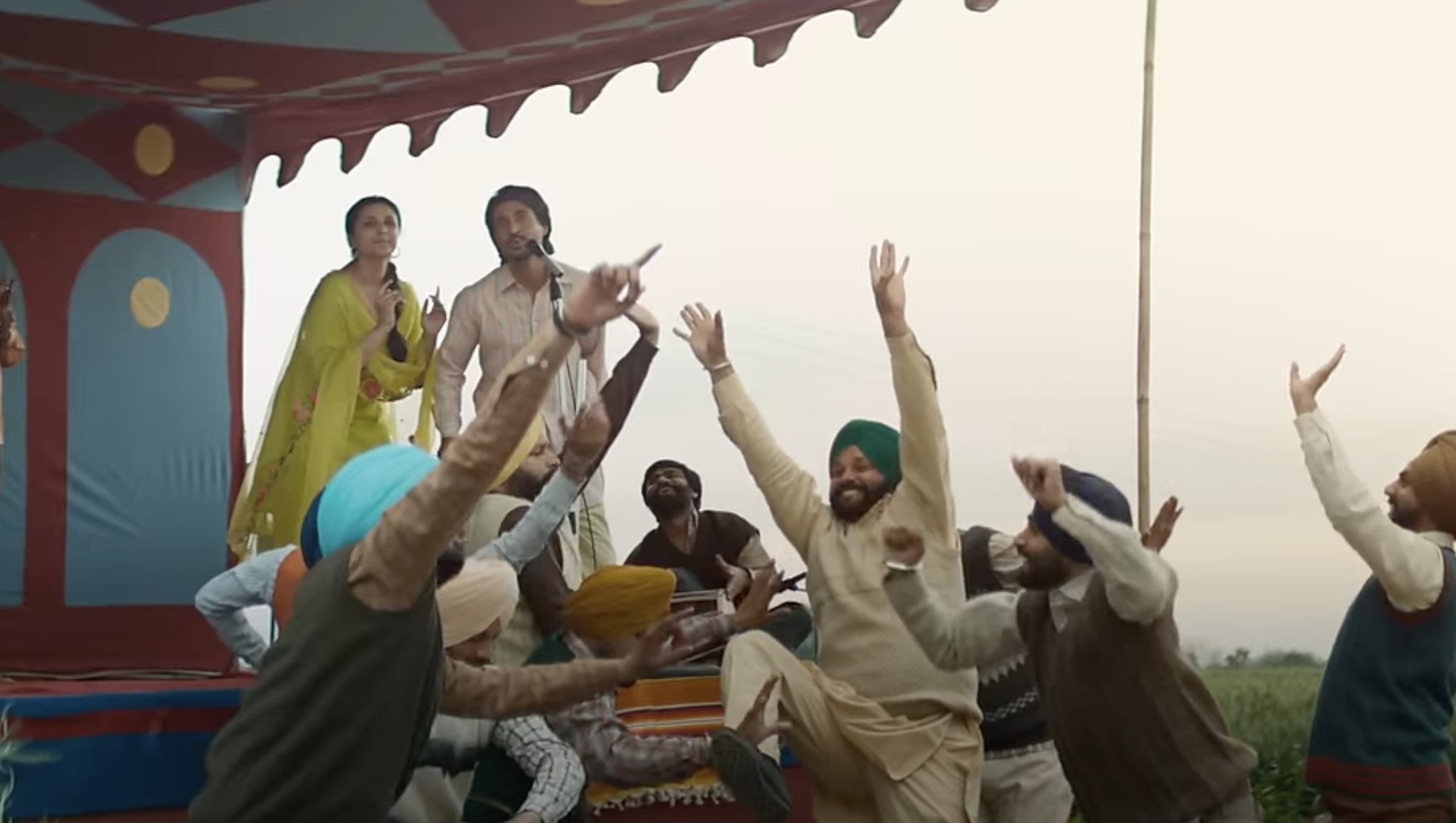Ramdhari Singh Diwakar is among the few leading Hindi litterateurs to use their works to target the inertia born of caste, class and patriarchy. Whether it was the changes brought about in Bihar by the ‘Mandal movement’ or by the decision to provide mandatory representation to women in Panchayati Raj institutions, Diwakar’s writings present them all in their intricacy and detail. Panchami Tatpurush, Akal Sandhya, Pani Akash, Toottey Dayre and Dakhil Kharij are his six published novels. A forthcoming novel has been titled Antim Adhyay. He has also published an equal number of collections of short stories titled Makhan Pokhar, Varnashram, Hadtali Mod and Chhote-Chotte Bade Yuddh, among others. He has published a commentary on the villages of north Bihar titled Jahan Apno Gaon.
He has been honoured with Bihar Rajbhasha and Shrilal Shukla IFFCO Samman for his creative writing. Born in Narpatganj in Araria district of Bihar on 1 January 1945, Ramdhari Singh Diwakar acquired primary education in his village school. For higher education, he went to Muzaffarpur and Bhagalpur. In 1979, he took up teaching as a profession. He taught in Nirmali and CM College, Darbhanga. He also served as director of Bihar Rajbhasha Parishad. Today, he lives in Patna and is engaged in writing full time. The first instalment of excerpts from his interview with Arun Narayan:
What are you writing these days?
For the past one and half years, I have been working on my memoir. The Covid-19 pandemic did cause delays but the manuscript is ready. I have covered my experiences from my first appointment as a college teacher up to my retirement.





